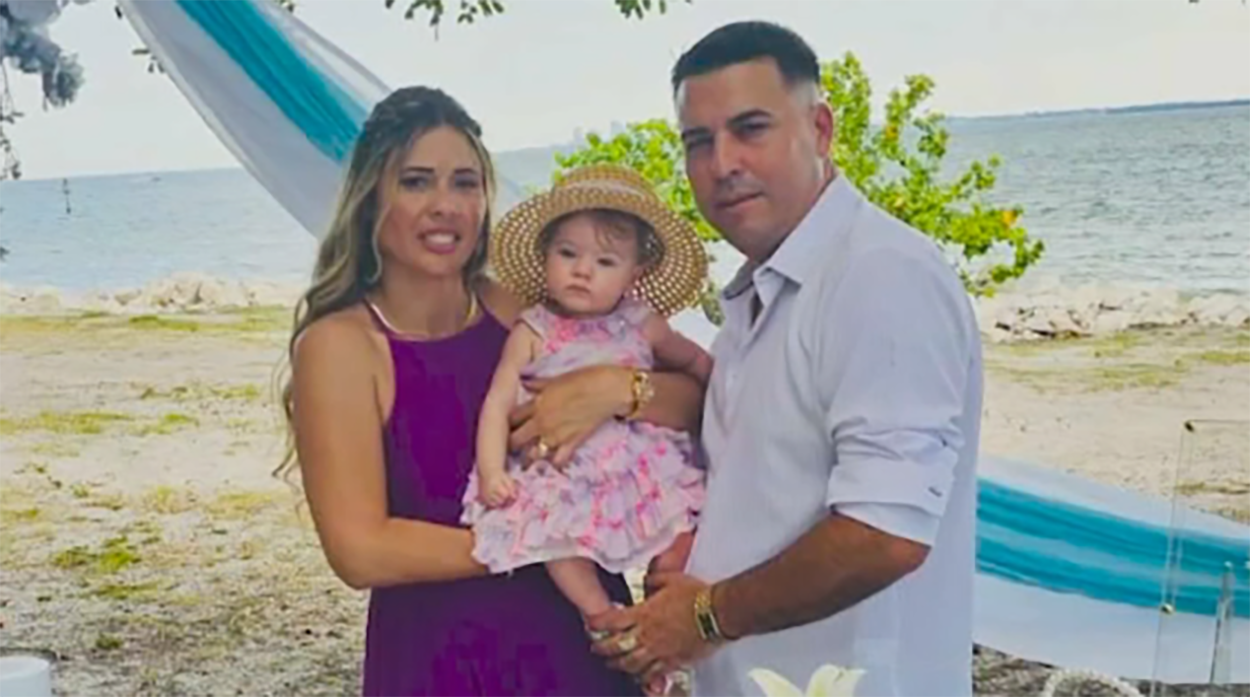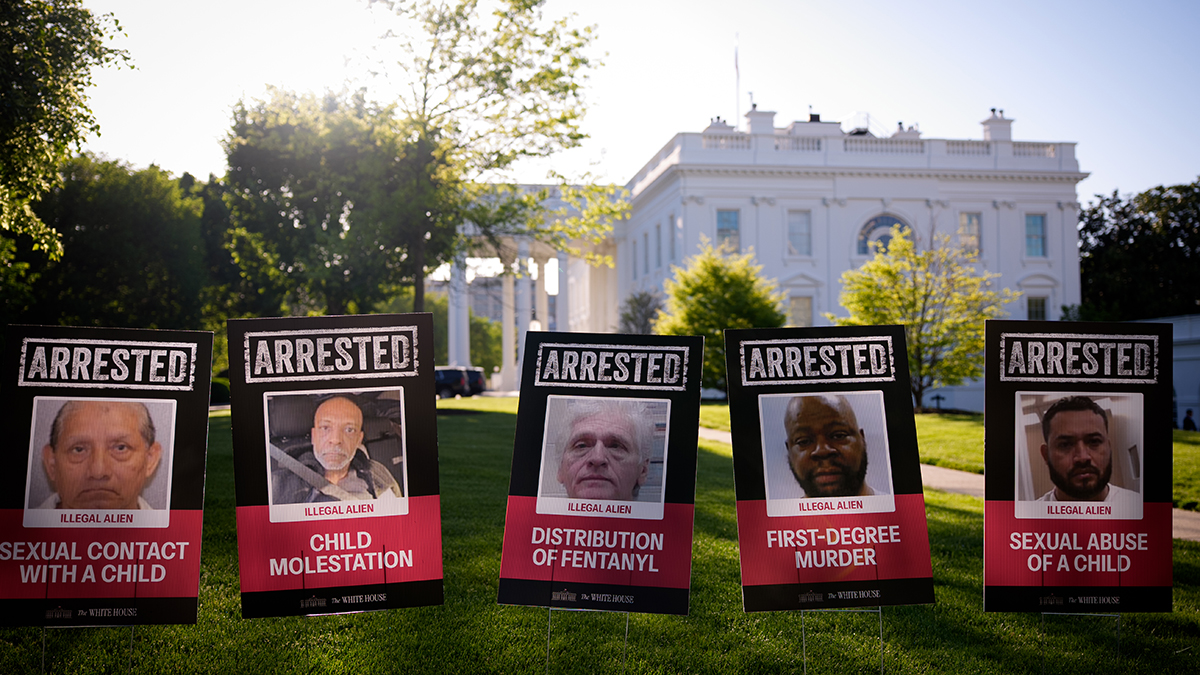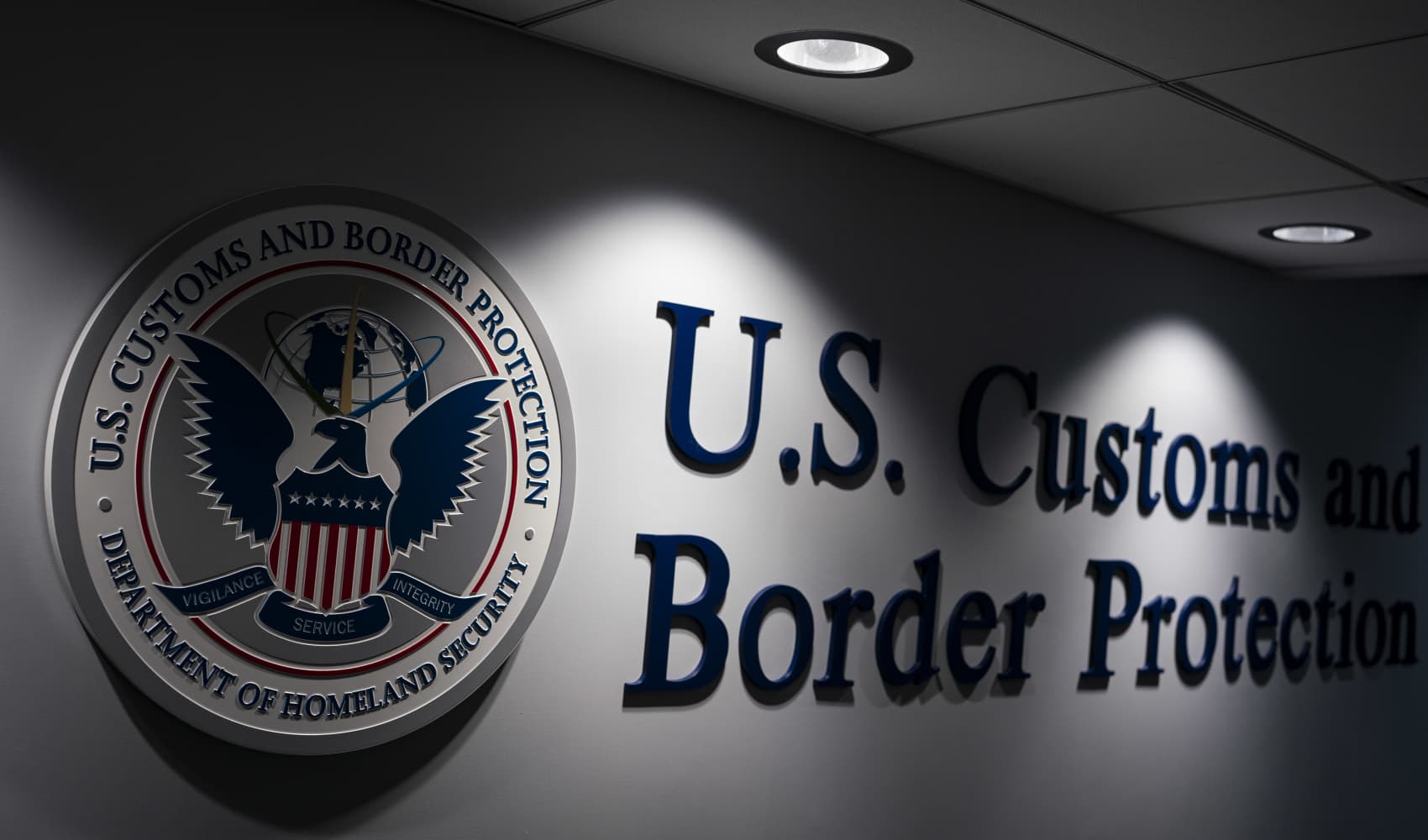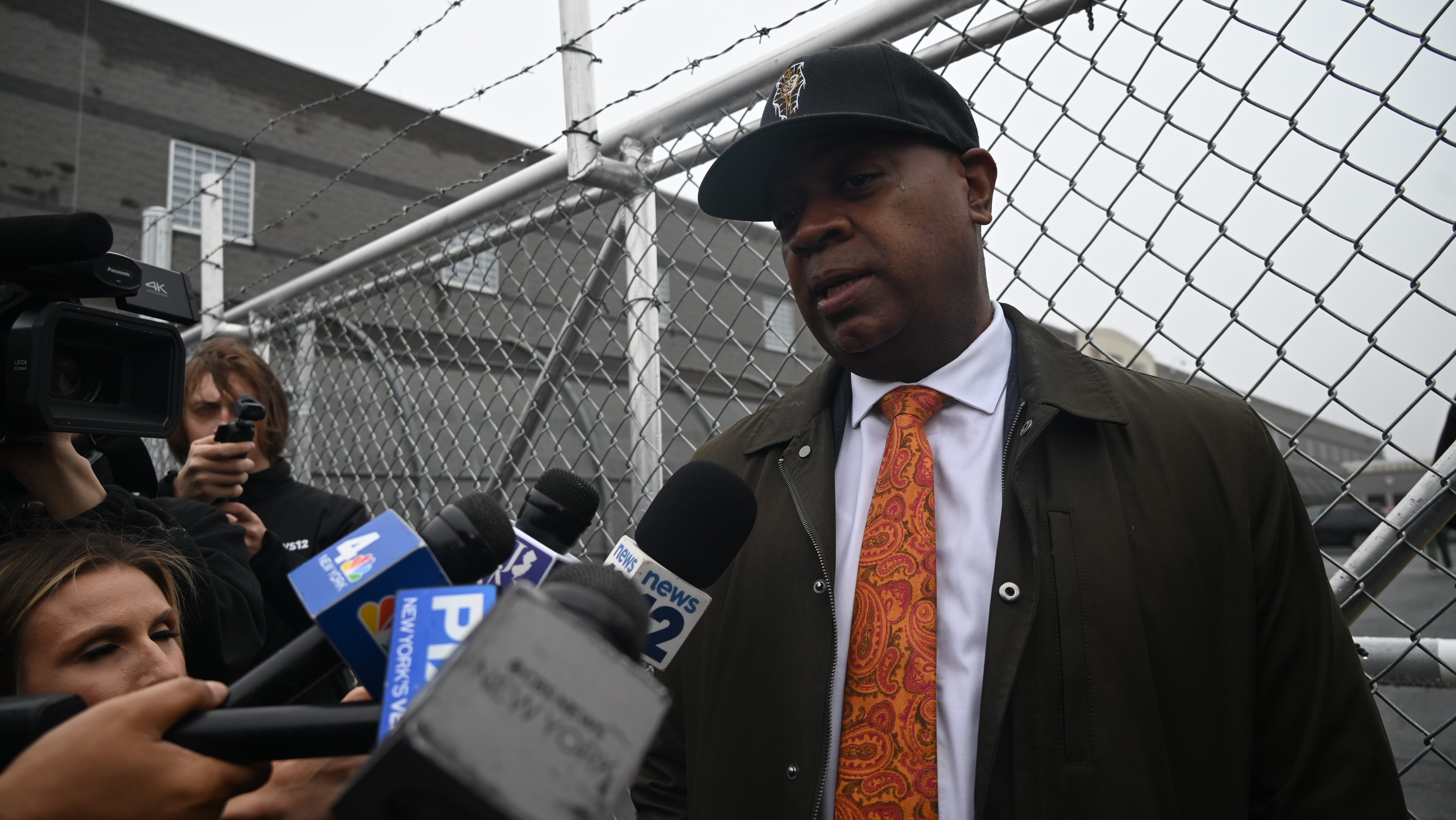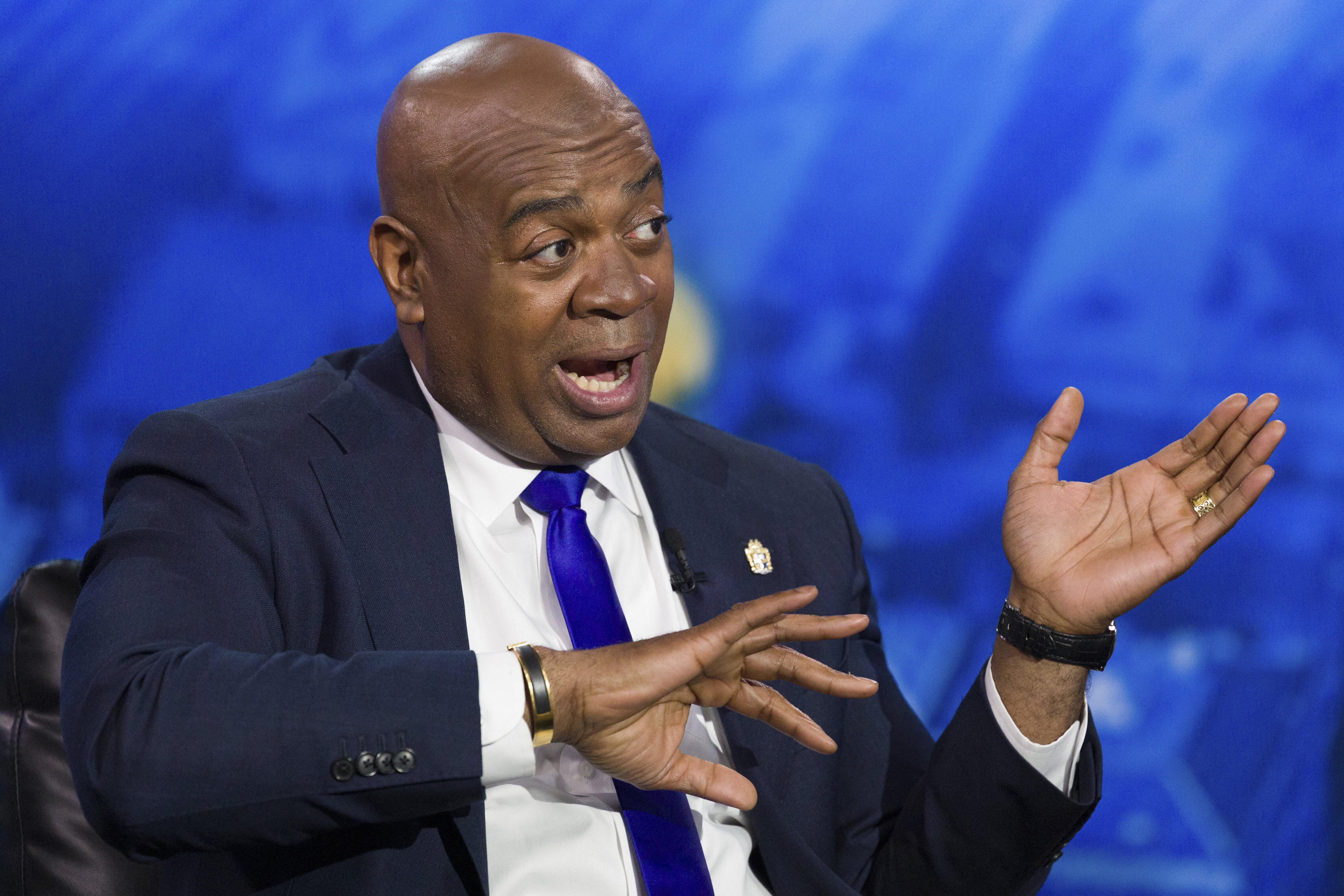Immigrant Abuse: Krome Detention Center Crisis Exposed
Krome's Crisis: Abuse Claims Emerge Amid Immigrant Arrest Surge
Introduction: A Perfect Storm Brewing at Krome
Imagine being crammed into a space meant for a fraction of your current number, feeling anxious and uncertain about your future. This isn't some dystopian movie; it's the reality faced by many at the Krome Detention Center in Miami. As President Trump's administration ramped up immigration enforcement, Krome, already the oldest immigration detention facility in the United States and marred by a history of abuse allegations, became a pressure cooker. Is this just a necessary step in border security, or are we sacrificing human rights in the process? Let's delve into the troubling situation unfolding at Krome.
Krome's History: A Legacy of Controversy
The Krome Detention Center isn't new to controversy. Established long ago, it has repeatedly faced scrutiny for its treatment of detainees. Allegations of inadequate medical care, mistreatment by staff, and poor living conditions have surfaced time and again. It's like a recurring nightmare for those caught within its walls. Is it a coincidence that these issues continue to plague the facility, or is there a systemic problem at play?
A Timeline of Allegations
- Early 2000s: Initial complaints regarding medical neglect and overcrowding begin to surface.
- 2010s: Multiple reports document instances of verbal abuse and excessive force used by guards.
- Present Day: Current surge in detainee population exacerbates existing issues, leading to heightened tensions and new allegations of abuse.
The Trump Era Surge: A System Under Strain
President Trump's commitment to stricter immigration enforcement led to a significant increase in arrests and detentions. This influx of people overwhelmed Krome's already limited resources and infrastructure. Think of it like trying to pour a gallon of water into a pint glass – it's simply not going to work. How could Krome possibly maintain humane conditions with its population nearly tripling its official capacity?
The Numbers Don't Lie
The numbers paint a stark picture of the crisis: 600 was the official capacity, but the population swelled to approximately 1700 detainees.
Internal Dissent: Fear and Silence
According to internal communications, even ICE employees themselves expressed concerns about the situation inside Krome. One employee's text message highlighted the palpable sense of unease and the fear of speaking out. "There are 1700 people here at Krome!!!!," the message read, adding that even though it felt unsafe to walk around the facility nobody was willing to speak out. Why the silence? What repercussions did these employees fear?
The Culture of Fear
It's alleged that there's a pervasive culture of fear within the facility, where employees worry about retaliation for raising concerns or advocating for better treatment of detainees. This fear creates a barrier to transparency and accountability.
Legal Battles and Congressional Scrutiny: The Fight for Rights
The situation at Krome and other detention centers has sparked legal battles and congressional scrutiny. Lawsuits have been filed alleging violations of detainees' rights, and congressional committees have held hearings to investigate conditions at these facilities. Is this enough to bring about meaningful change, or is it just a drop in the bucket?
The Role of the Courts
Federal courts are playing a crucial role in challenging the legality of certain immigration policies and practices, including the conditions of detention. Judges are tasked with ensuring that the government upholds its constitutional obligations, even when dealing with non-citizens.
Overcrowding: A Recipe for Disaster
Overcrowding isn't just uncomfortable; it's a breeding ground for disease, violence, and mental health issues. When people are forced to live in close quarters with limited access to resources, tensions are bound to escalate. It's like a pressure cooker waiting to explode.
The Impact on Physical Health
Infectious diseases can spread rapidly in overcrowded environments due to poor sanitation and limited access to medical care. Think of outbreaks of flu, chickenpox, or even more serious illnesses.
The Impact on Mental Health
The stress and uncertainty of detention, combined with the lack of privacy and personal space, can take a devastating toll on detainees' mental health. Rates of anxiety, depression, and even suicidal ideation tend to increase in overcrowded facilities.
Abuse Allegations: A Deeper Look
The allegations of abuse at Krome are deeply disturbing. Detainees have reported instances of verbal harassment, physical violence, and denial of basic necessities. These allegations raise serious questions about the oversight and accountability within the facility.
The Role of ICE
U.S. Immigration and Customs Enforcement (ICE) is responsible for overseeing the operation of detention centers like Krome. However, critics argue that ICE has failed to adequately monitor these facilities and address complaints of abuse.
Medical Neglect: A Matter of Life and Death
One of the most common and troubling allegations involves medical neglect. Detainees have reported delays in receiving medical care, denial of necessary medications, and inadequate treatment for serious illnesses. In some cases, this neglect has allegedly led to life-threatening situations.
The Human Cost
Imagine being denied medical care when you're seriously ill or injured. It's a frightening prospect, and it's the reality faced by some detainees at Krome.
Due Process Concerns: Are Rights Being Violated?
Many legal experts argue that the rapid increase in immigration arrests and detentions has led to violations of due process rights. Detainees may be held for extended periods without adequate access to legal representation or the opportunity to challenge their detention. This raises fundamental questions about fairness and justice.
The Right to Counsel
The right to legal representation is a cornerstone of the American legal system. However, many detainees at Krome lack the resources to hire an attorney, and the availability of pro bono legal services is limited.
Alternatives to Detention: A More Humane Approach?
Some argue that there are more humane and cost-effective alternatives to detention, such as community-based supervision programs. These programs allow individuals to remain in the community while awaiting their immigration hearings, reducing the need for detention facilities like Krome. Could these alternatives offer a better solution?
Cost-Effectiveness
Detention is expensive. Alternatives to detention can save taxpayer dollars while still ensuring that individuals appear for their court hearings.
Human Dignity
Alternatives to detention allow individuals to maintain their connections to family and community, preserving their dignity and well-being.
The Future of Krome: What Lies Ahead?
The future of Krome remains uncertain. Will the facility continue to operate under the same conditions, or will reforms be implemented to address the issues of overcrowding, abuse, and medical neglect? The answer depends on the actions of policymakers, advocates, and the public.
Calls for Reform
Advocates are calling for greater transparency and accountability at Krome, as well as increased oversight from government agencies. They are also pushing for the implementation of more humane immigration policies.
Conclusion: Time for Change
The situation at Krome Detention Center is a stark reminder of the human cost of immigration enforcement. Overcrowding, abuse allegations, and medical neglect paint a grim picture of a system under immense strain. It's time for a serious reevaluation of our immigration policies and practices, with a focus on protecting the rights and dignity of all individuals. The future of Krome, and the well-being of those detained within its walls, hangs in the balance.
Frequently Asked Questions
- What is the Krome Detention Center?
The Krome Detention Center is the oldest immigration detention facility in the United States, located in Miami, Florida. It is operated by U.S. Immigration and Customs Enforcement (ICE) and is used to detain individuals awaiting immigration hearings or deportation.
- Why has there been a surge in immigrant arrests?
The surge in immigrant arrests can be attributed to the policies of the Trump administration, which prioritized stricter enforcement of immigration laws, including increased arrests and deportations of undocumented immigrants.
- What are some of the common complaints about the Krome Detention Center?
Common complaints include overcrowding, inadequate medical care, mistreatment by staff, denial of basic necessities, and violations of due process rights.
- What are alternatives to detention for immigrants?
Alternatives to detention include community-based supervision programs, electronic monitoring, and check-in requirements. These programs allow individuals to remain in the community while awaiting their immigration hearings.
- How can I report abuse or mistreatment at an immigration detention center?
You can report abuse or mistreatment to the Department of Homeland Security's Office of Inspector General, or you can contact an immigrant rights organization for assistance. You can also file a complaint directly with ICE, although this may not always be effective.


